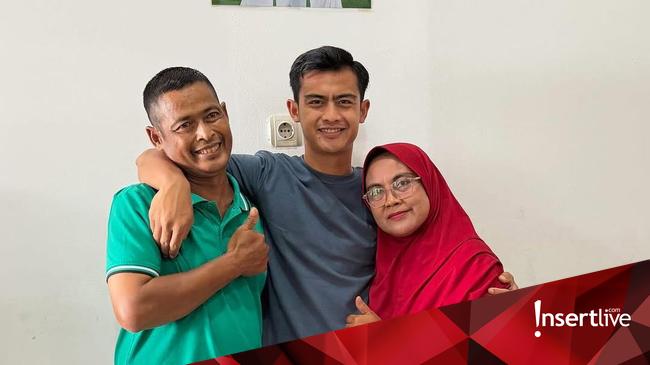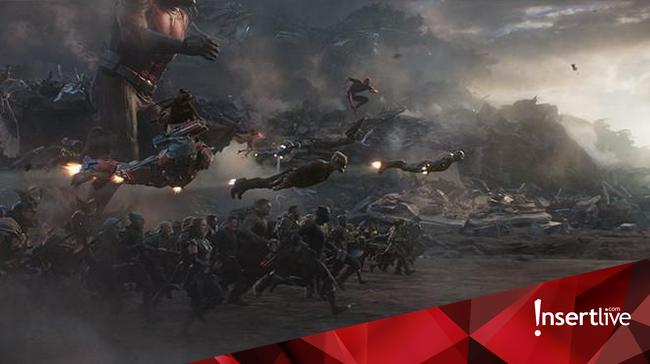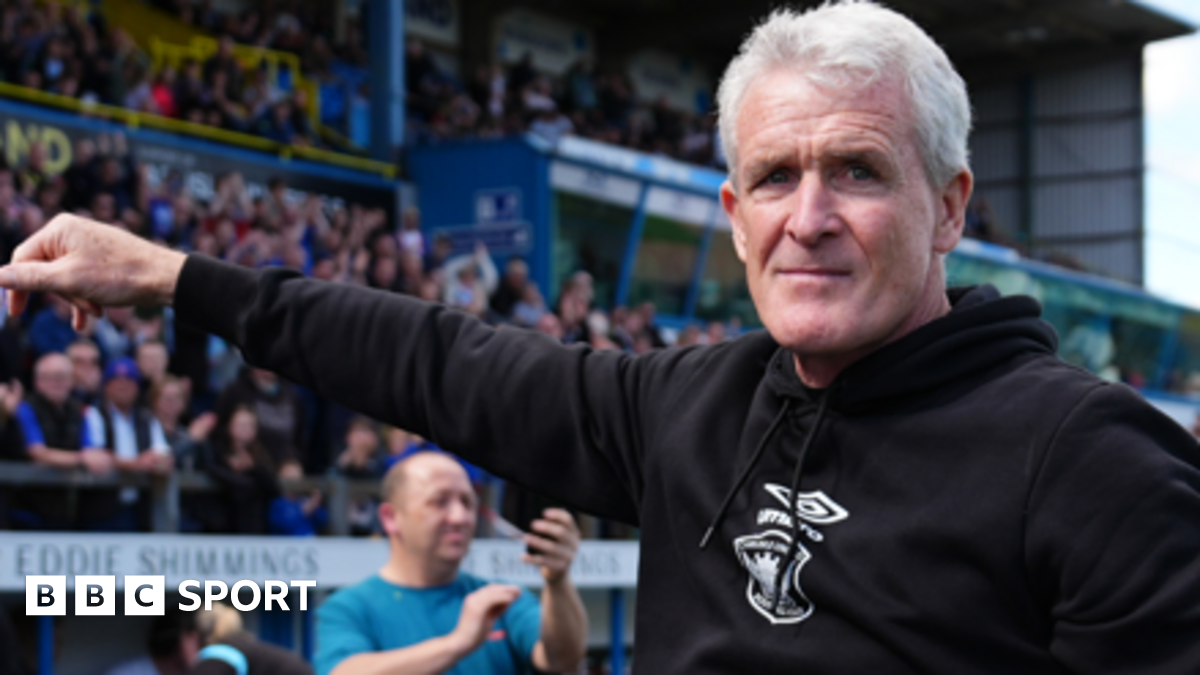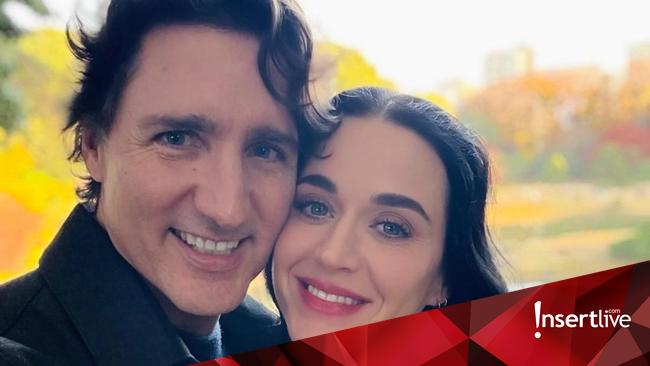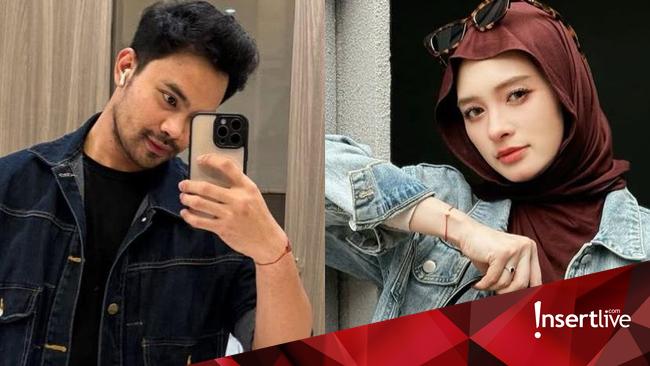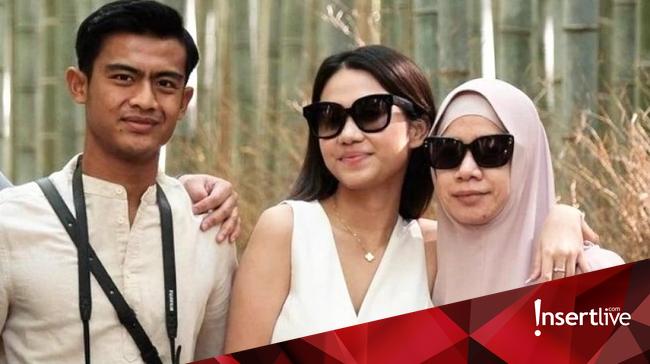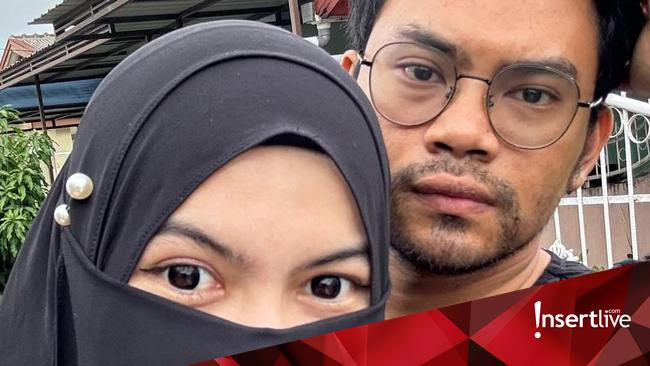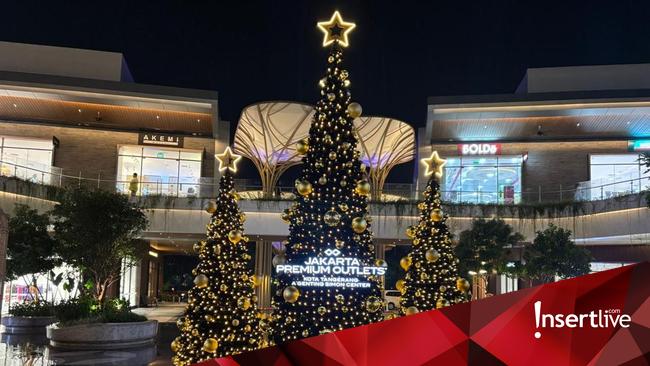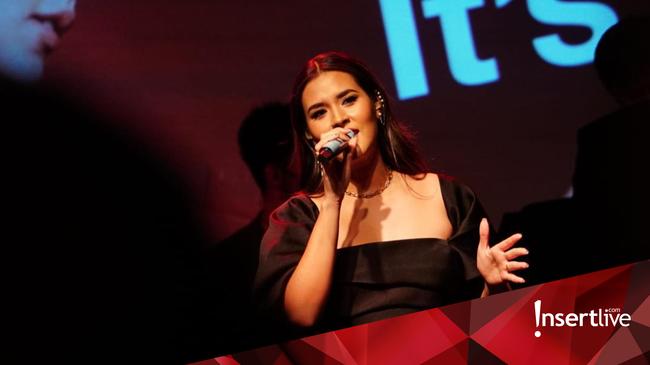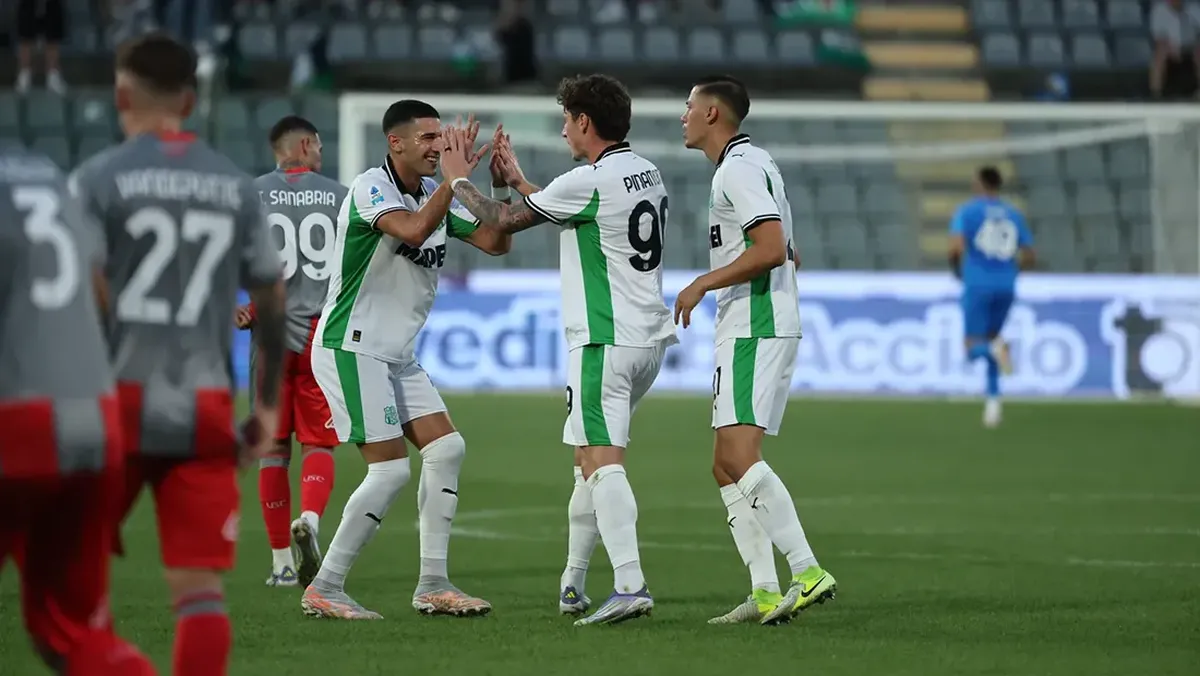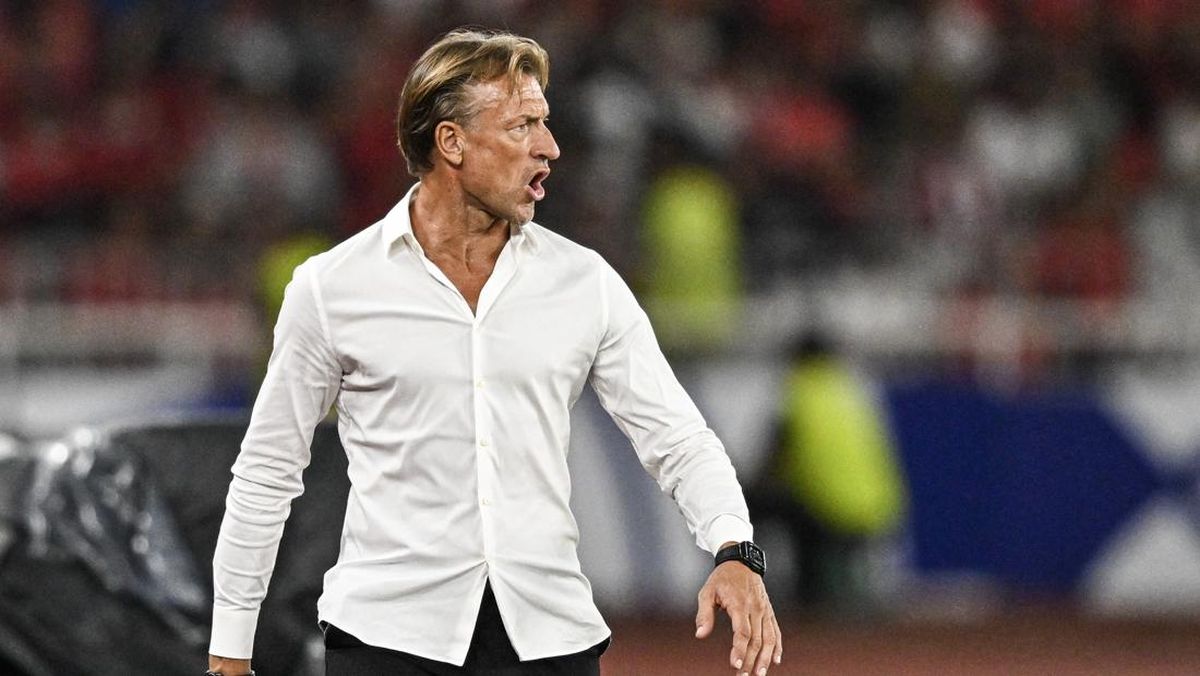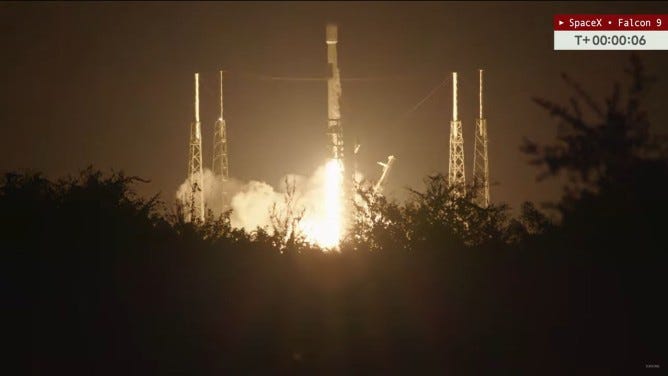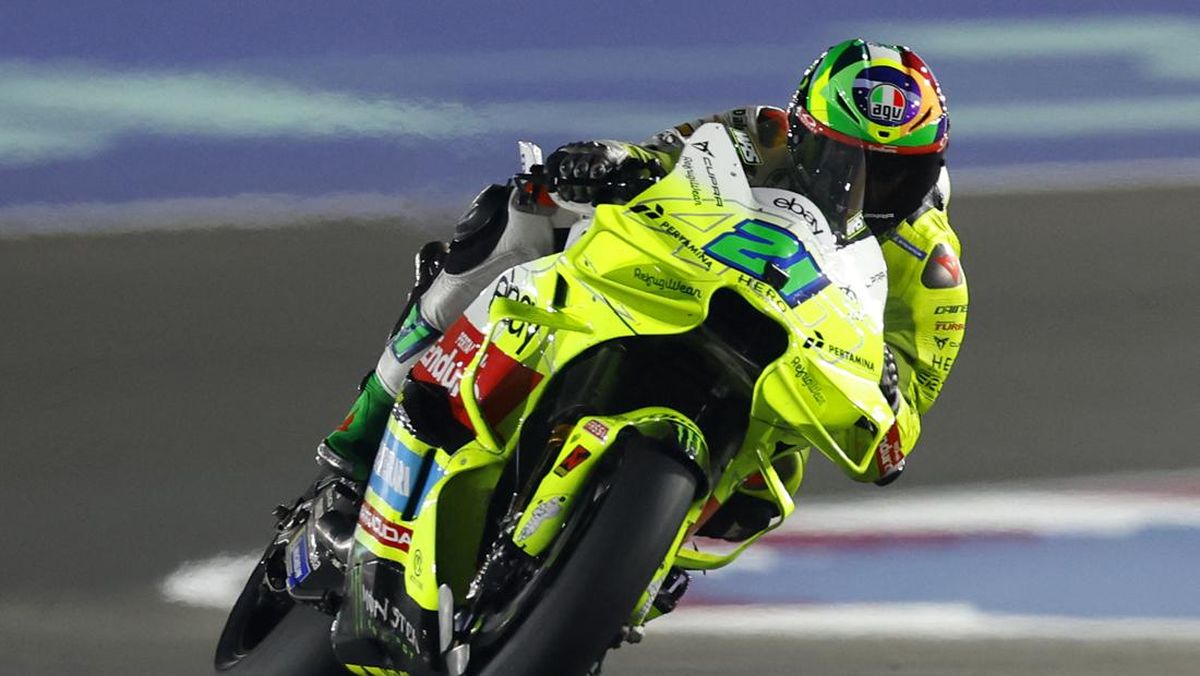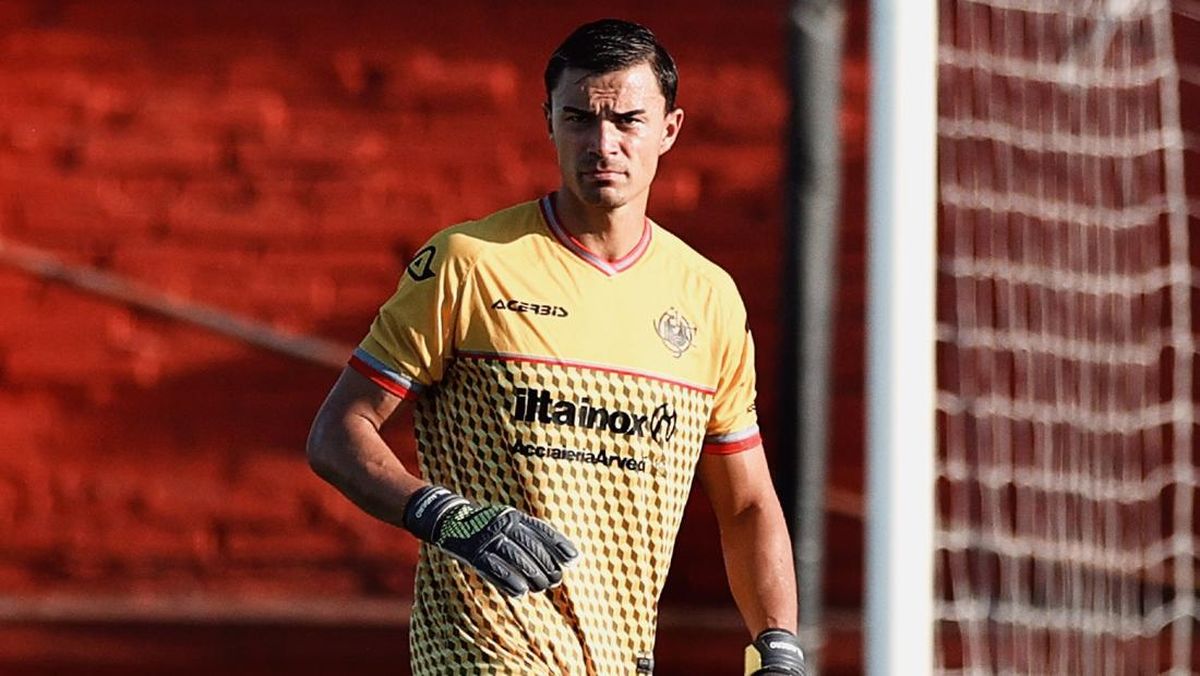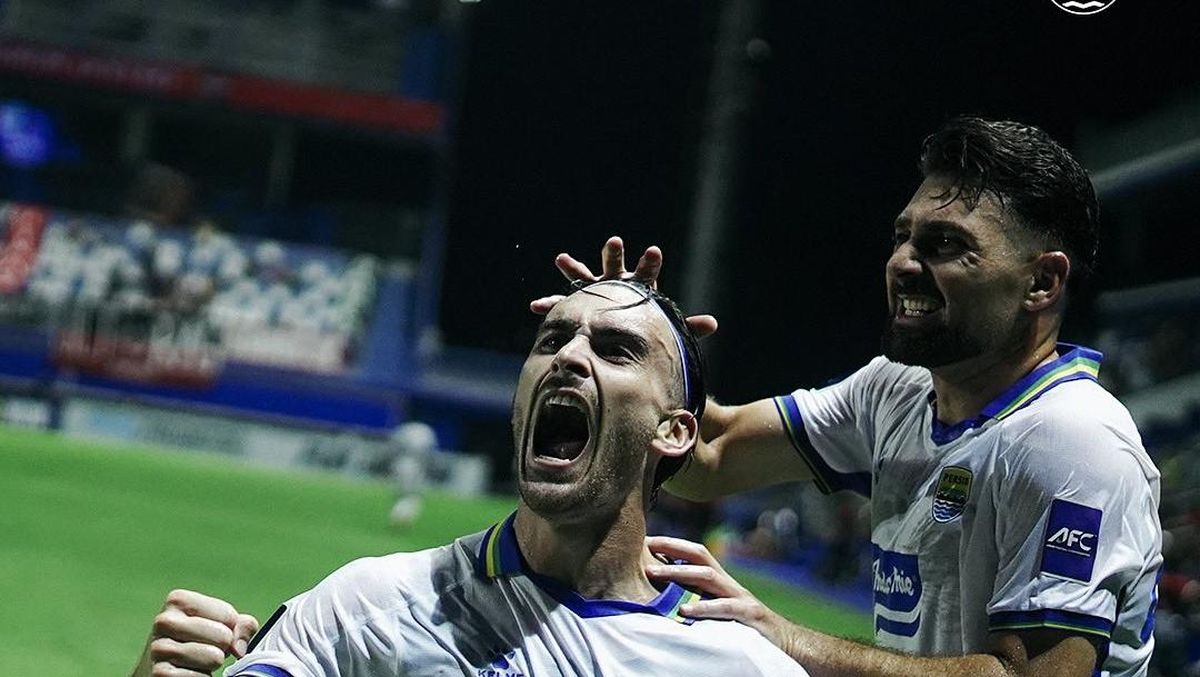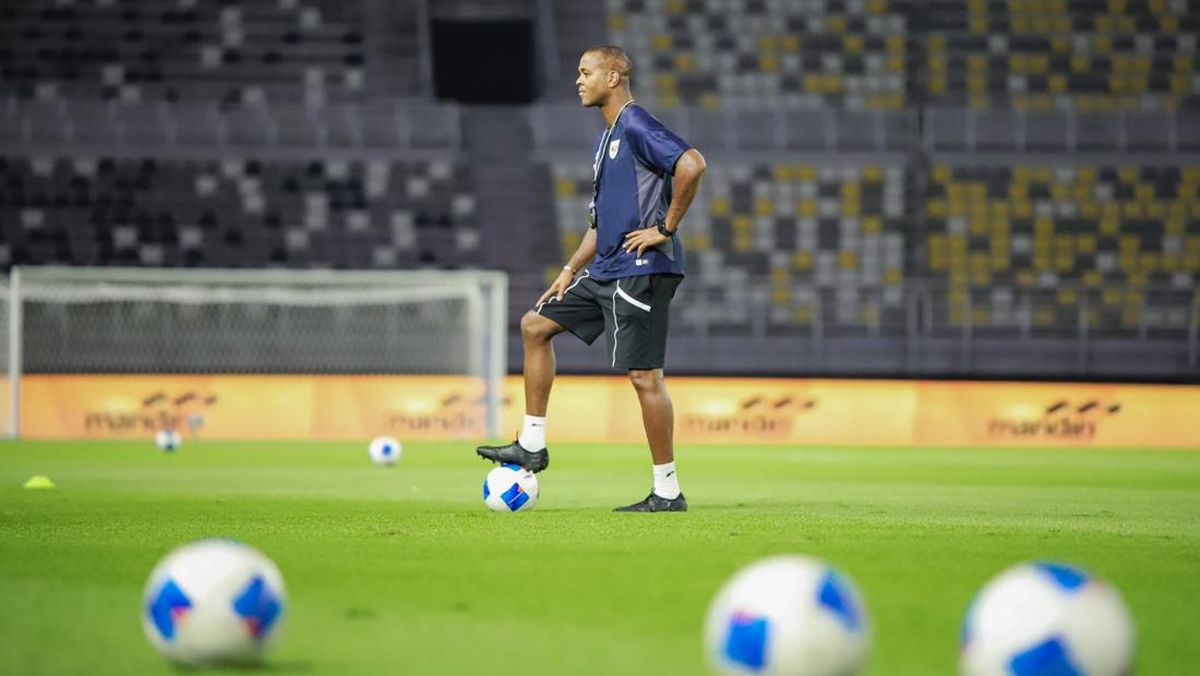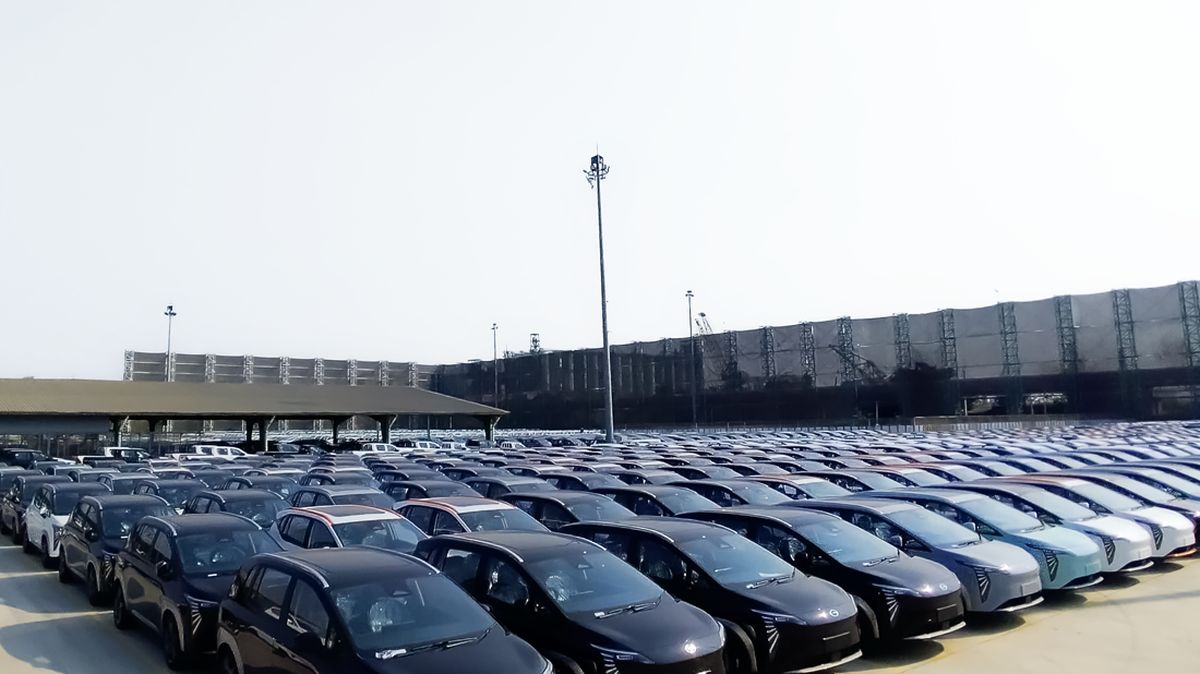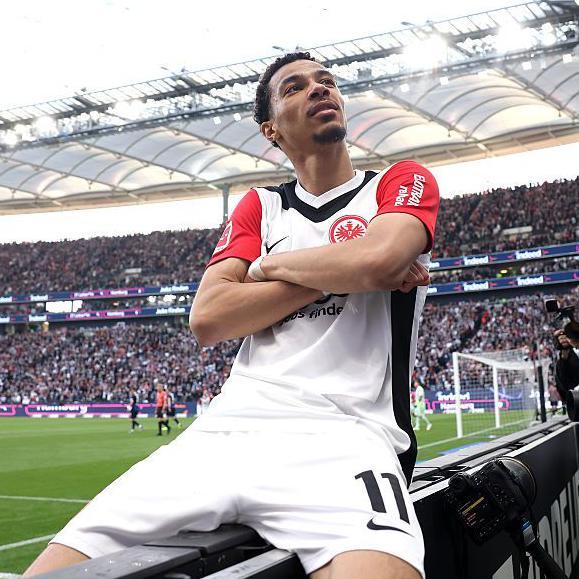 Image source, Getty Images
Image source, Getty Images
ByAlex Bysouth
BBC Sport senior journalist
"Strikers are always more shiny," says Eintracht Frankfurt sporting director Timmo Hardung with a smile.
Hardung knows the near £300m profit the Bundesliga club have made from selling forwards over the past six years is what grabs headlines and attention.
"It's the toughest part of our sport to score a goal, so obviously they draw a lot of attention," he says. "But I think we managed to improve and develop a lot of players."
Hardung is right, of course, that it's not just strikers who have blossomed in the Frankfurt ranks.
Ecuador international Willian Pacho is a prime example - signed from Royal Antwerp for just under £12m in July 2023, the defender left a year later to join Paris St-Germain for almost £35m.
But it is often the forwards who are talked about, and for good reason.
Since Luka Jovic joined Real Madrid and Sebastien Haller moved to West Ham in summer 2019, Frankfurt have seen Andre Silva (RB Leipzig), Randal Kolo Muani (PSG), Omar Marmoush (Manchester City) and Hugo Ekitike (Liverpool) all pass through the club for big profits.
"I wouldn't say we do anything more specific with them than with any other position," adds Hardung. "But we try to play offensive football, to create a lot of chances, and I think we're a good club to just have the opportunity as a striker to score your goals.
"We try to press high, attack the goal as much as possible and that certainly gives our strikers the opportunity to shine."
That was the case for 23-year-old Ekitike, who will return to Deutsche Bank Park with Liverpool in the Champions League on Wednesday.
Ekitike initially arrived on loan for the second half of the 2023-24 season after struggling for minutes at PSG, who he had joined 18 months earlier from Reims.
His move to Frankfurt was soon made permanent and the French forward racked up 15 goals and eight assists in the Bundesliga last term, the fourth-most goal involvements among players aged 23 or under in Europe's top five leagues.
"We just saw his potential," says Hardung. "We saw his strengths and we felt like this could fit very well to the style of football we want to play.
"He was a young football player that had a tough time, didn't get as much playing time as he wanted, which is not too surprising at PSG being a big club, but we saw the opportunity there and made the deal work.
"[We] told Ekitike what kind of pathway we would have for him, what kind of ideas we would have, where we would like him to improve, but also where we would see his strengths really giving us an opportunity of winning football matches more."
In his one full season at Frankfurt, Ekitike played more than double the amount of minutes than during any other campaign in his career, scoring more goals as a result, albeit under-performing his expected goals tally (xG) by 6.6 goals, with a shot conversion rate of 12.8%.
But the overall quality of his game saw the Frenchman create more chances from open play, have more shots and score more goals from fast breaks than any other forward in the Bundesliga, while ranking fifth in the division for most dribbles.
"It was a lot of work from us, but also from him," adds Hardung.
"Obviously he had to do the tough part, the hard work and training, trying to listen to some tough feedback and that's not always nice to hear, but we try to be honest with players because that's the only way you can bring them forward.
"He was able to work with that feedback to put in a good work ethic, good effort in training. [He] improved every day, gave it his best shot and then the rest was done by his talent."
Frankfurt have invested in the "team around the team" in an effort to maximise the development of young stars such as Ekitike.
On top of video analysts, performance and athletic coaches, there are psychologists, nutritionists and other experts working individually with players.
"The further you reach up to your ceiling, the more you have to look for percentages to improve a little bit here, a little bit there," explains Hardung.
With Ekitike lacking minutes when he first arrived, it was a case of bringing him up to the speed and physicality of Bundesliga football.
"We're a high-intensity league, with a lot of runs, intensive runs, sprints," says Hardung. "So you have to prepare to be able to do that and not to get exhausted too early in the game, because you still want to have them fresh and ready to score 1-0 in the 80th, 90th minute.
"You have to put in some work to really be able to manage the load. That's what he has done."
The staff also worked closely on "details" to help Ekitike improve his scoring chances.
"What position in the game we feel he would be more dangerous to the opponent in and around the box," says Hardung, listing these details. "What kind of shooting positions fit him very well and what kind of spaces he could attack to be even more of a threat."
'We want to be successful... we're ambitious'
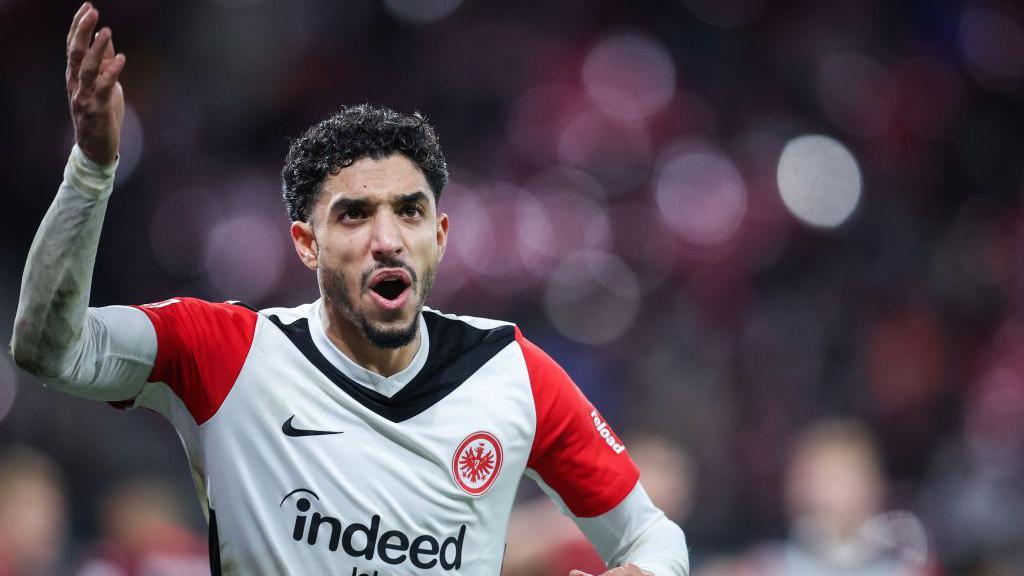 Image source, Getty Images
Image source, Getty Images
Omar Marmoush scored 37 goals in 18 months at Frankfurt
Ekitike's departure came just six months after Marmoush departed to join Manchester City for £59m, having joined Frankfurt for free a season and a half earlier.
Including Ekitike, the top eight most expensive departures from the Bundesliga this summer headed for the Premier League - among them were Florian Wirtz and Jeremie Frimpong from Bayer Leverkusen to Liverpool, Benjamin Sesko from RB Leipzig to Manchester United and Nick Woltemade from Stuttgart to Newcastle.
Hardung can understand why English clubs are shopping in the German top flight.
"We're a very intensive league," he says. "That can show Premier League clubs players who play well in the Bundesliga can have a good impact."
But recruiting players with a high potential resale value is not the primary objective for Frankfurt.
"We're not necessarily looking for a selling market afterwards," explains the 35-year-old Hardung. "We want to be successful, right? We're a big club, we're a traditional club. We're ambitious. That's our primary goal, to get a competitive football team.
"We felt like doing that works best for us if we develop players, making them better, because we cannot spend the amount of money other clubs can."
The evidence suggests those methods are working. Frankfurt won the Europa League in 2022 and have gradually improved their league performance since, finishing third in the Bundesliga last season, a joint club record, with the division's youngest average team.
Selling their stars may not be the goal, but Frankfurt are always prepared and the recruitment work starts early.
"The day after the transfer window closes, it's the preparation of the next transfer window," says Hardung. "What changes may happen in the future and how do we react to that?"
For younger players, they may even plan for several windows' time - establishing a pathway from youth to first-team football.
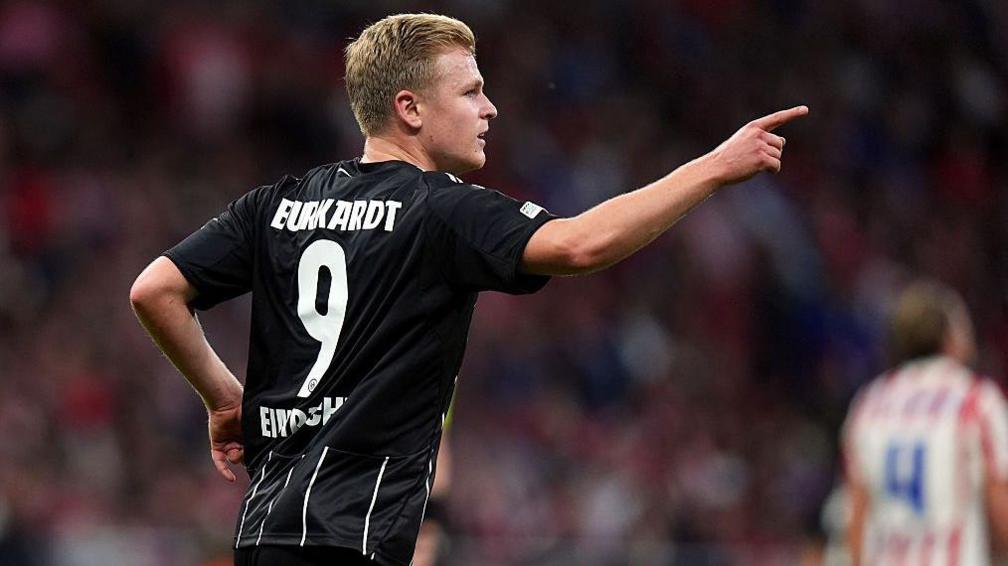 Image source, Getty Images
Image source, Getty Images
Burkadt has scored seven goals in his nine 10 Frankfurt games
This summer, the departing Ekitike was replaced by Jonathan Burkardt, who scored 17 Bundesliga goals for Mainz last season and has won five Germany caps.
The 25-year-old, signed for £18m, has scored four goals in his first six league games and three in two Champions League matches so far this season.
"The first question we always ask ourselves is 'what do we really want?'," says Hardung. "It's important to really analyse your squad, look for the strengths and abilities you are missing or you want to add."
It is a process that begins with data, and Hardung says Frankfurt have the resources to monitor the "whole football world", identifying key performance indicators and creating algorithms to meet the club's needs, screening that database for targets.
Players who tick the boxes will be flagged, before being assessed on a more "qualitative" basis.
"Then the scouting department really kicks in," adds Hardung. "Trying to dig deeper into those players on the shortlist, trying to get this list even shorter by watching film, technical filming, technical scouting.
"The last part will always be live scouting, but trying to make it as efficient as possible - not have a list of 100 players our scouts have to watch live, only a couple we really feel after looking at the data and films could be interesting for us.
"The last step would be us driving out, watching the players live, before making the final decision - which player we feel like we should really commit to."
Hardung believes the reputation Frankfurt have forged in developing talent helps prove they "walk the talk" when looking to recruit future stars.
"If you sit down with players and agents or families to draw them a picture of what you want to do, of the philosophy and strategy you try to work with, if you have a track record of players that have gone that way, that pathway with us together, that helps," he says.
Underpinning all their work is a humble nature. As Hardung puts it, the club "know our spot, know our place, know where we come from and also know our strength". This means making life as tough as possible for so-called bigger teams, such as Liverpool on Wednesday.
"The point is for us to always try to be a little better than yesterday," says Hardung in conclusion. "And I think if we really implement this culture within the club, within our team, then it's really tough to compete against us."

